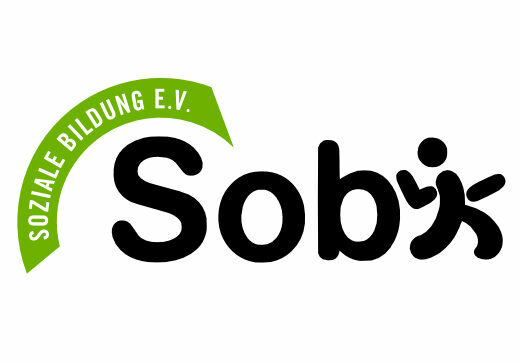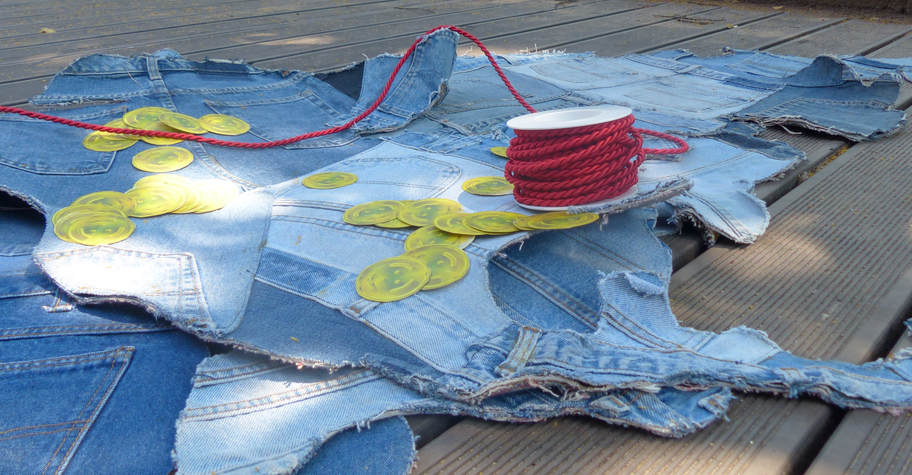“The world’s good(s)” – a project day
Introduction/contextualization:
In Germany we have a saying: “Kleider machen Leute”, which can be translated to English as “Clothes make the man”. But what exactly do they do with people? Dividing them in rich and poor people? What kind of goods do we buy? Where and under which conditions are they produced?
In this workshop we want to show the consequences of global production chains. Therefore, we take a look at selected examples of products and its journeys to our stores. (With our consume-critical city walks we offer an alternative approach towards the issue of global production chains.) We start our workshop by discussing the vague and abstract term “globalization” and reflect our own positions regarding global processes. In this discussion we come across economic, social and ecological dimensions, which will be examined further during the project day.
| Target group |
Adolescents and young adults aged 15 years and over (9th grade) as well as other interested parties |
| Group size |
10-30 participants |
| Duration |
at least 6 x 45 min. |
| Charge for costs |
none (within the contingent) |
| Bpooking |
6 Weeks before the desired date |
| Leaders |
two qualified young adults |
| Place |
Room without fixed seating |
Objectives
Objectives:
During our project day “The world’s good(s)”/Wa(h)re Welt, the participants deal with meaning and significance of globalization and its complexity. In doing so, they become aware of (negative) environmental and social consequences of a globalized economy. We are all consumers and members of this society and thus interlinked with our social and economic environment and can – to a certain extent – influence this environment. Our participants discover various alternative courses of action and will be motivated to put them into practice.
Contents
Contents
The project consists of four interlinked modules framed by an introduction and a conclusion at the end. These are:
- What is globalization?
- Global conditions
- Global relationships and its consequences
- Individual and collective alternative courses of action
Methods
Methods
We aim to impart social skills during our project. Therefore, we combine selected methods such as communication agreement, group work & presentations, simulation, movie. In doing so, we encourage non-discriminatory and conscious interactions. We practice collaborative skills, such as equal communication behavior and grassroots working approaches to ensure a participation for everybody. Intentionally, we reduce head-on teaching methods. As a result, concentration can be kept longer on a high level. Moreover, self-learning approaches and contents which are associated with own experiences and emotions will achieve more sustainable learning effects.
Notes on booking
Notes on booking
Please contact us 6 weeks in advance, if you want to book a seminar. This enables us to realize your requested date. For booking, please send us an e-mail including following information:
- Your preferred date
- Expected number of participants
- Age/grade of the participants
- Do they have prior knowledge?
- Special requests regarding the project day

